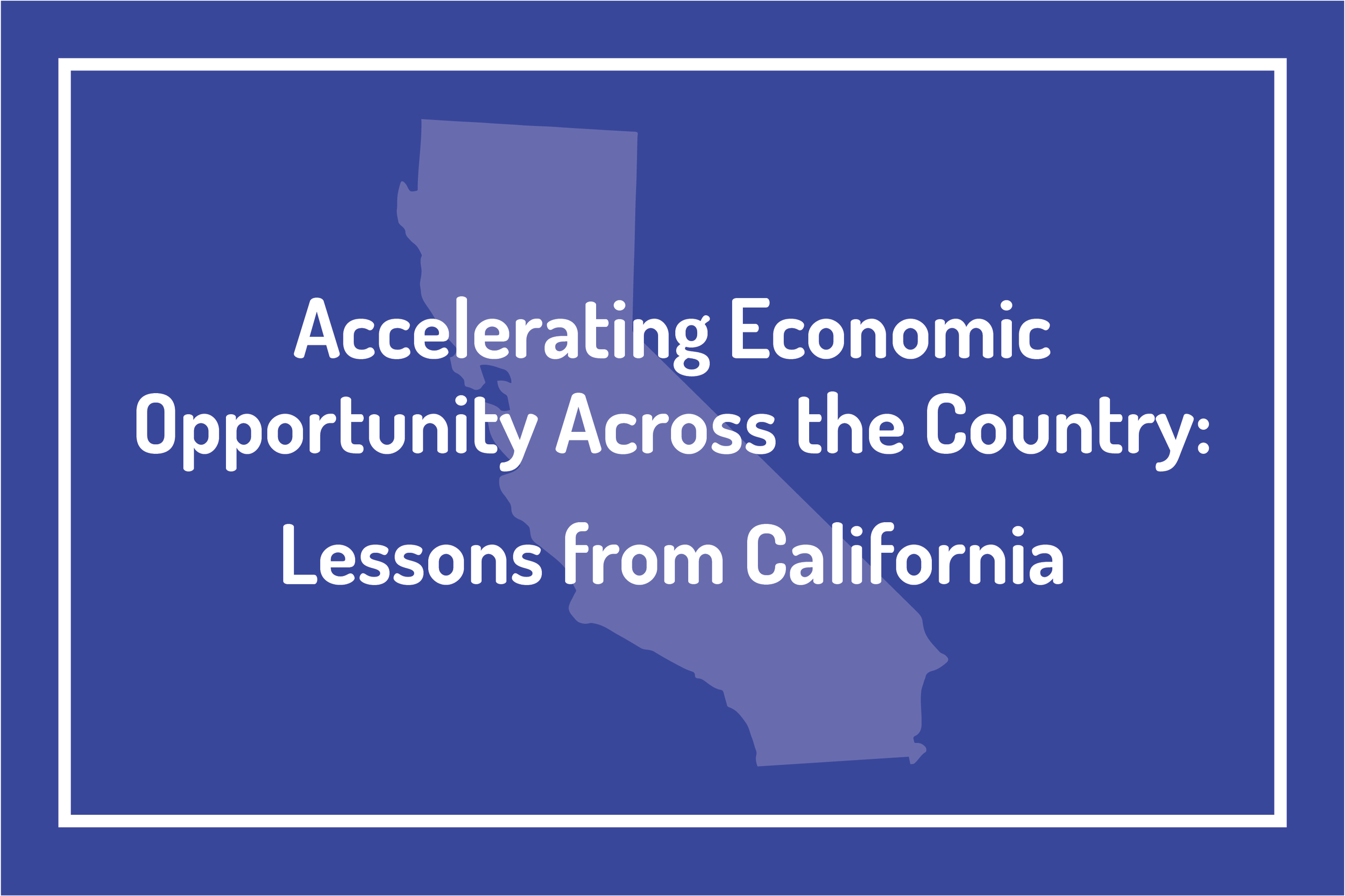Over the past several years, this platform has returned multiple times to a geography found in cities of all sizes across the country – the neighborhood commercial corridor. With many others, we documented the harsh effects of the pandemic on neighborhood serving and locally owned businesses and offered practical recommendations for local stakeholders and state policymakers alike. To the greatest extent practicable, we have tried to be grounded and granular: using Investment Playbooks to identify concrete and fundable projects that can drive a burst of inclusive growth and entrepreneurship in real places, most recently 52nd Street in West Philadelphia.
Read MoreAccelerator’s latest report, “From Recovery to Revitalization: How local leaders are unlocking the potential of the American Rescue Plan,” co-written with the Brookings Institution through a partnership with the National Association of Counties (NACo), takes a look at how localities have been able to use the direct relief funds they received under the American Rescue Plan (ARPA) to promote innovative and inclusive recovery initiatives. This report was based on in-depth analysis and interviews with local decision-makers in 17 cities and counties on how they are using State and Local Fiscal Recovery Funds (SLFRF) from ARPA to promote inclusive recovery across a variety of domains, including economic and community development, workforce, housing, and place-based initiatives, among many others.
Read MoreWith public, philanthropic, and private entities seeking a recovery catalyst, we must embrace a new economic development model for California and, given the state’s size and demographic, geographic and economic diversity (California is both the nation’s leading manufacturing and agricultural state, for example), new models there can be relevant to communities across the country.
Read MoreThe Inflation Reduction Act (“IRA”) is the largest legislative effort in U.S. history designed to accelerate the country’s transition to an alternative energy and climate future. This Act is remarkable not only for its ambitions but for its disproportionate reliance on tax incentives, a fundamental difference in structure from other Biden era legislation like the Bipartisan Infrastructure Law. A community hoping to maximize the value of IRA funding will need to organize networks of beneficiaries, intermediaries, and stakeholders in ways that integrate areas of practice (e.g., renewable energy, talent preparation and housing development) that are often kept separate and distinct.
Read MoreIn this time of intense polarization, it is rare to find an issue that both sides of the political spectrum can agree on. But small businesses seem to be one of the few exceptions. President Joe Biden has been a vocal champion of small businesses, emphasizing their importance as "the engines of our economic progress… the glue, the heart, and soul of our communities." And Senator Marco Rubio, who led the Small Business Committee during the pandemic, has repeatedly emphasized the crucial role that small businesses play in job creation and the overall health of the economy. Despite this widespread support, there is still a critical missing piece: a consistent and robust data platform for small, diverse businesses.
Read MoreOur new report, “We Buy Houses”: You Lose Out, authored by Bruce Katz, Ben Preis, and Kevin Gillen, reveals striking findings – homes sold from an owner-occupant to an investor off the Multiple Listing Service (MLS) sold for 51% less than comparable homes sold on the MLS to an individual. This analysis reinforces a key assertion of our first report in this series – Investor Home Purchases and the Rising Threat to Owners and Renters: Tales from 3 Cities – that homeowners are being hurt by investor activity.
Read More






